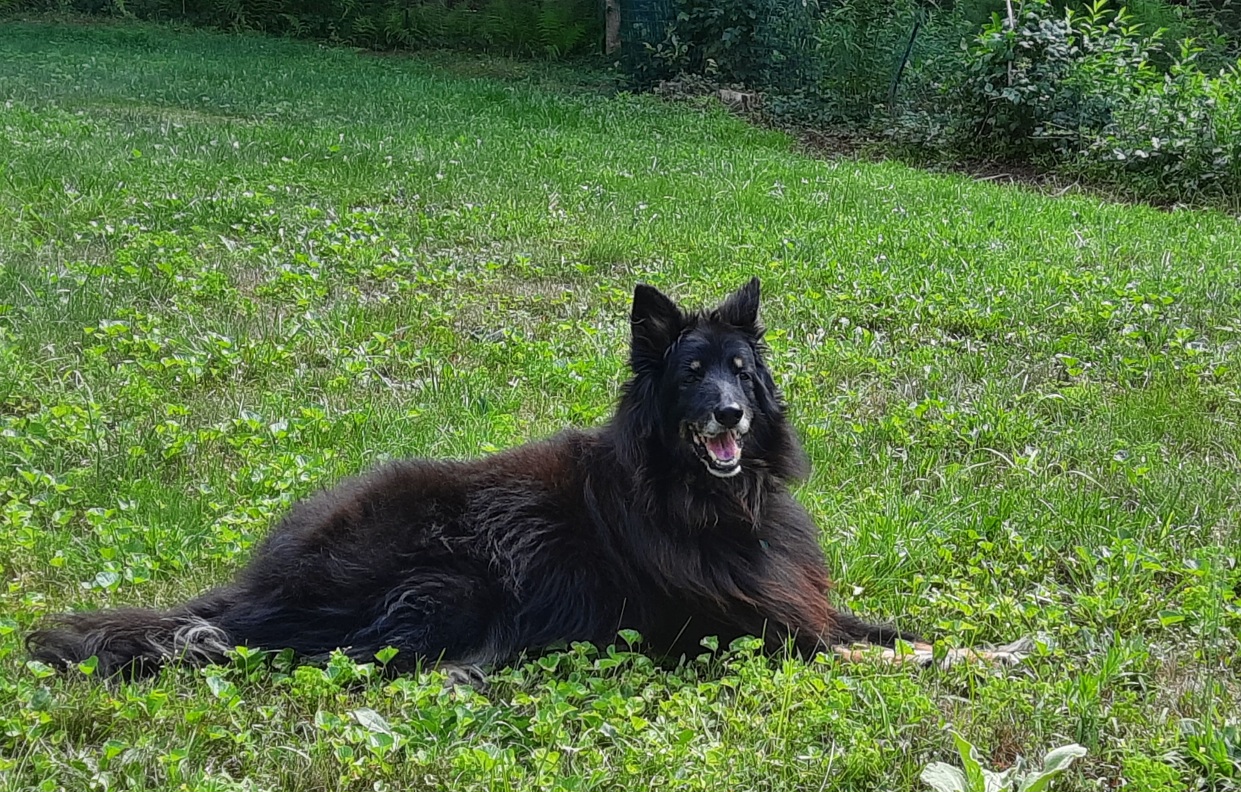Welcome to the Wakefield Doctrine (the theory of clarks, scotts and rogers)
… as promised*.
Hey! While we have you ‘on the line’** don’t forget, tonight is Wednesday night which means the gates open for the Six Sentence Story bloghop. Ever ones gonna be there, you should stop in. Serially! While not the most skillful of prompt-post writers, we have been told by unnamed others that the Doctrine’s contributions have a certain, je ne sais quoi, no matter what the weekly prompt word might be. Be that as you may*** stop by and check it out. You can thank us later.
[We won’t take offense if anyone feels that the premise of the following is outdated and without value in the contemporary blogosphere. But, we always assumed there is a value to links-out to other bloggers. Maybe the algorithm that ‘more-links-the-better-for-the-linkee‘ has long since sailed. Until convinced otherwise, we’ll keep at it. So, keeping with our mention above of many talented writers at Denise’s Six Sentence Story ‘hop, lets see if this shortcut/combined link works: Sixarians from last week.
the Wakefield Doctrine just like Summers of old… a re-run! …Post from August 2011
Welcome to the Wakefield Doctrine (the theory of clarks, scotts and rogers)
From August 2011…. You know what’s funny? This (reprint) references a failed collaborative writing project. Well, if you go to his blog now, and the Wakefield Doctrine does, in fact, recommend that you do, you will find an un-failed collaborative writing project! Denise (over at Girlie is co-writing a story with the Progenitor roger. And it’s getting pretty good! the roger, being the wildly creative, blog-risk taker that he is, is posting each chapter as they are written. So, when you go over there to read it, you might want to scroll down to Chapter 1 and ‘read your way back to the top’. Be sure to Comment (tell ’em ‘the Doctrine’ sent ya!).
As we all know, the Progenitor roger ( nom de plumage RCoyne ) started his little blog in the hopes of creating a Collaborative Writing Project. Attracting and combining (the efforts) of the full range of talents, that seem in so plentiful supply in cyberspace, it was RCoyne’s hope to produce a totally original literary work, (and) given the apparent variety of interests found among people in the blogosphere, it would have been one helluva a blog.
….It failed, of course.This is not to disparage RCoyne’s idea nor his Intent. It is a reflection upon the fact that he is a roger….or more precisely, it is a reflection upon the inherent limitations of the aspects of being a roger. Do not misinterpret our feelings on the matter, we are making this statement without placing the onus entirely on roger (or his people). This statement is equally true of the other two personality types, the clarks and the scotts. Each of the three personality types, that comprise the Wakefield Doctrine, represent a worldview, a ‘reality’, if you will; each a perspective that is unique and (one) that has great strengths and terrible weaknesses.
(Readers! Remember that the Doctrine maintains that all people are possessed of the qualities/the potentials of each of these three ‘types’ and while we become predominately one of the three, the other two aspects are always within us, waiting to be called upon by the dominant personality. At times of extreme duress or peril they are available to be called upon.)
We call this…the…. Mystery of the Wakefield Doctrine and the Proof of the 3 PersonalitiesWhat is the mystery of the rogerian personality type that prevented RCoyne’s blog from taking off?
What should have the roger done, in order to be successful with the Seccesscessionisticalationist Rag?
Why are we picking on the roger so much?
Lets start with what we do know, about rogers:
- they believe that Life has rules and that if followed everything will be as it should be
- rogers believe that reality is essentially quantifiable, that 2 + 2 equals 4 is true now and will always be true, even after the human race is extinct
- the world is perfect to a roger, we use the word in the sense that implies completeness and order, as opposed to virtuous or good
- rogers experience the world in general and people in particular with an organizational bias predicated on the herd mentality, ‘like gathers with like and excludes that which is not like’ (or some such nonsense)
- for a roger, the ‘backstory’ is more attractive than the narrative, (an example from the progenitor roger: early in the days of this blog, one particular Post drew an exceptional number of Comments, we asked roger what he thought about it and he indicated that he didn’t bother reading the Post, he only read the Comments)
- rogers are responsible for civilization, for the development of civilized society, for all social development and refinements beginning with cavemen and moving forward to the Present
- in expressing their perception of the world as a place of rules, rogers become: Doctors and Lawyers, Accountants and Engineers, Surveyors and Writers of Popular Fiction, Missionary Families and Dynastic Families, Pioneers (geographically), High Priests and Politicians, Homemakers and Trendsetters, Judges and Executioners
The rogerian component of the Proof of the 3 Personalities? rogers are the only ones who can ‘ manage and maintain‘ the scottian element of the population. Without rogers, we would all be living under bushes, darting out to drink from nearby streams at dawn and duck, shoulders hunched in anticipation of the attack from the nearby Umbrella Thorn Acacia tree. Damn! The thing about scotts, they are all drive, instinct, appetite. Someone, ( I think it was Claire ), was recently musing about the three-ness of the Wakefield Doctrine and that got me to thinking about Freud (have not got a clue) and his Id, Ego and Super Ego. Who out there does not see that our scottian element is so the Id. And while it is essential to life, appetite and impulsivity, left un-checked would be kinda short-term.
Let us end today’s Post with a little example that came up in a recent letter to Molly, in which we were discussing the difficulty encountered in distinguishing between a (very) robust roger and a scott. Both are active, and charming and totally gregarious. But if we watch these two walk into a social gathering ( a party, a picnic, a business conference) what we will see is:
the scott will make a noise (figurative or literal) immediately upon entering the space…this is meant as a first effort to flush-out any other scotts
the roger will stand in a prominant place at the entrance and wait for a sign of recognition from the various herds making up the crowd
the scott will go to the first person they can get to and start to tell a joke about the fact that they (the scott) are present
the roger will go immediately go to the first person they recognise (provided the person is another roger, if however, the first person they recognize is a clark, the roger will wait)
the scott will go from person to person and tell a joke or introduce themselves to each individual (if there are too many people, in which case the scott will treat each herd as a person)
the roger will either join a herd or gather clarks to start a herd….and wait for a scott.Bottom line: the scott sees the social environment as a hunting ground, therefore everyone is either prey or predator. If the scott encounters other scotts then ranking must be established, either dominant or submissive, as long as they know where they stand.
The roger, on the other hand, sees the social environment as an expression of themselves. All that the roger encounters is either of the herd or not of the herd. Those that are ‘not of the herd’ are as important and valuable to the roger as the outsiders. Rogers cherish outsiders, they are the dross that accentuate the beauty of what the roger builds in his little herd.
Hey@!
* You remember, yesterday’s post!
** if you have to ask, ask your parents.













